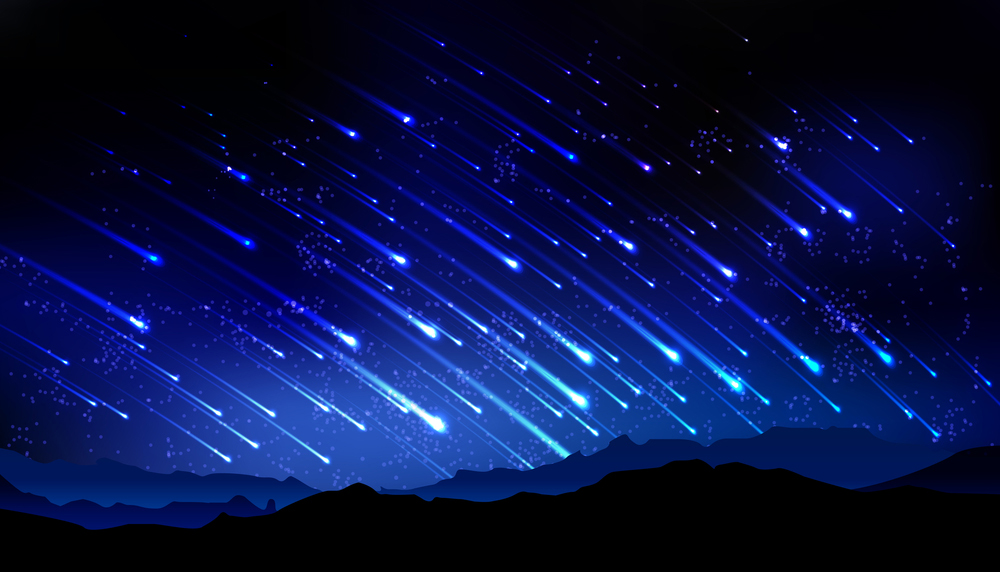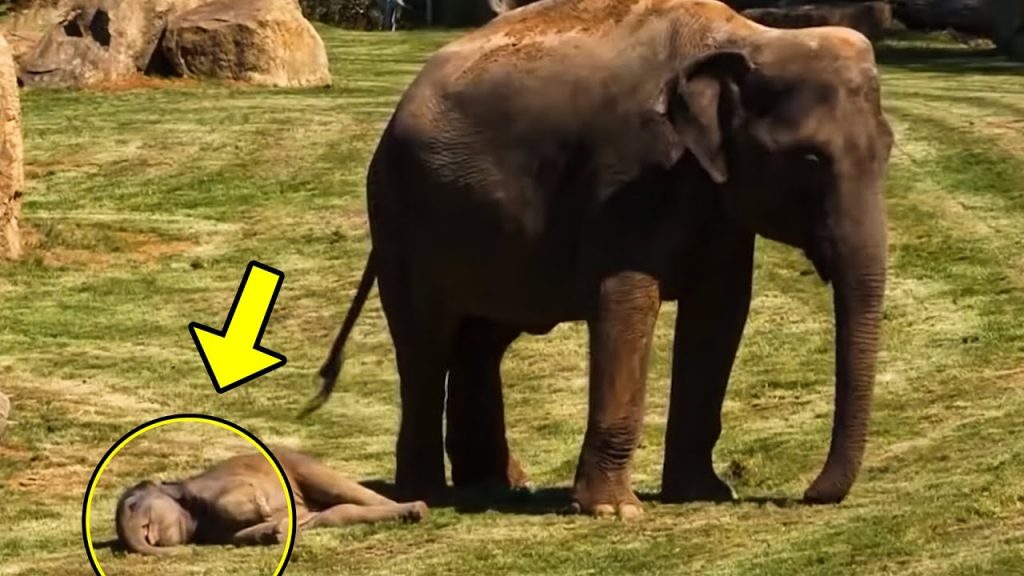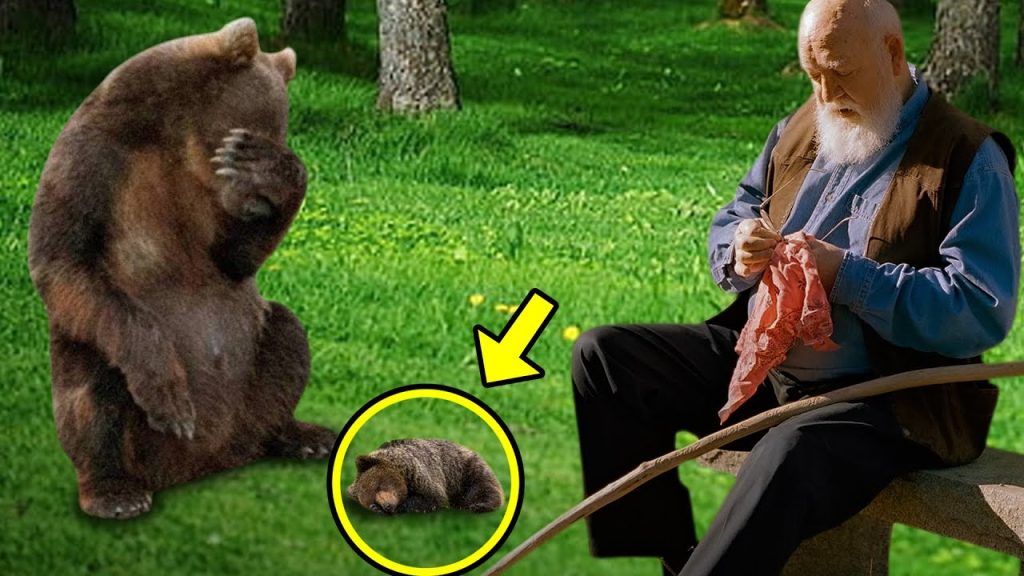The Perseid Meteor Shower Peaks August 12th and 13th and Is Predicted To Be The Best Ever
Look up at the sky tonight because the Perseid meteor shower will be lighting it up and putting on a truly spectacular show! The yearly annual shower reaches its peak on August 12-13th and astronomers are predicting that anywhere from 80 to upwards of 200 meteors per hour will streak across the heavens. This year promises to be busier than usual because they are in what is called “outburst” mode, meaning that meteor rates will be double that of their usual average.
The Perseids originate from the ancient comet 109P, aka Swift-Tuttle, and date back to having been first observed and discovered in as early as 37 AD (wiki). The comet left behind tiny pieces of dust and rock particles that enter into the Earth’s atmosphere at speeds of over 130,000 mph, causing them to burn up and disintegrate. This is what creates the beautiful streaks of light in the sky- tiny specks of dust!
The best times to view tonight’s shower are from midnight on through the early morning, before the sun comes up at dawn. Prime viewing hours are expected to fall in-between 1 and 4 a.m. You can simply look up to see the meteors flash across the sky and if you live in the Northern Hemisphere, look towards the constellation Perseus, where the meteors come from. Because many of us don’t know where or how to find it, here’s how to fix this issue; simply download a sky watching app for your phone which tells you exactly where it is in the sky. I use one called Star Walk and it works great, you simply point your phone at the sky and it identifies all the stars, planets, constellations, and other celestial bodies out there in space.
Also essential for the best viewing is lighting and the less light pollution, the better. Pick a nice open spot away from urban areas and city lights or trees and structures that limit your view. Since the moon is in a waxing gibbous phase, the light from it will interfere with the shower. However, moonset will be at around 1 a.m. and after that viewing will be better. While local forecasts may vary, so long as the sky is clear you should be able to see them!
Check out the accompanying VideoFromSpace clip that quickly goes over the Perseids and don’t forget to seize the opportunity to get outside and do some sky gazing!
Please SHARE This With Family and Friends So Everyone Can Enjoy 🙂





